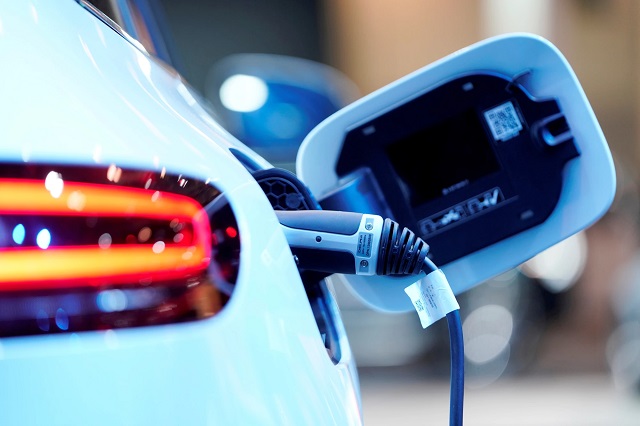
London, UK | Xinhua | Unless charging habits change, or Britain’s National Grid is strengthened, concerns exist that the charging needs from millions of new electric vehicles could cause blackouts in parts of the country, a British parliamentary report warned on Wednesday.
Questions remain on whether the British government’s current plans are enough to deliver the public charging infrastructure needed across all regions of Britain and whether it will benefit everyone, said the report by the Transport Committee of the House of Commons, lower house of the British Parliament.
Accessible and reliable charging infrastructure must be available by 2030 but drivers who live in rural or remote areas or who don’t have off-street parking risk being left behind, said the report.
“As car usage returns to pre-pandemic levels, we must keep our sights locked on the target: all new cars and vans should be electric by 2035 at the latest. To help consumers see their route to a zero emission world, choosing to run an electric vehicle must be as seamless as possible,” said Chair of the Transport Committee Huw Merriman.
Merriman said charging electric vehicles should be convenient, straightforward and inexpensive and drivers must not be disadvantaged by where they live or how they charge their vehicles.
Britain plans to ban the sale of new petrol and diesel cars by 2030 as part of its effort to deliver its legally binding commitment to bring greenhouse gas emissions to net zero by 2050.
The international community, including both developing and developed countries, already recognized the importance of joining hands in tackling climate change. In 2021, China and Britain will host the 15th meeting of the Conference of the Parties to the Convention on Biological Diversity (COP15) and the 26th UN Climate Change Conference of the Parties (COP26), respectively.
******
Xinhua
 The Independent Uganda: You get the Truth we Pay the Price
The Independent Uganda: You get the Truth we Pay the Price



